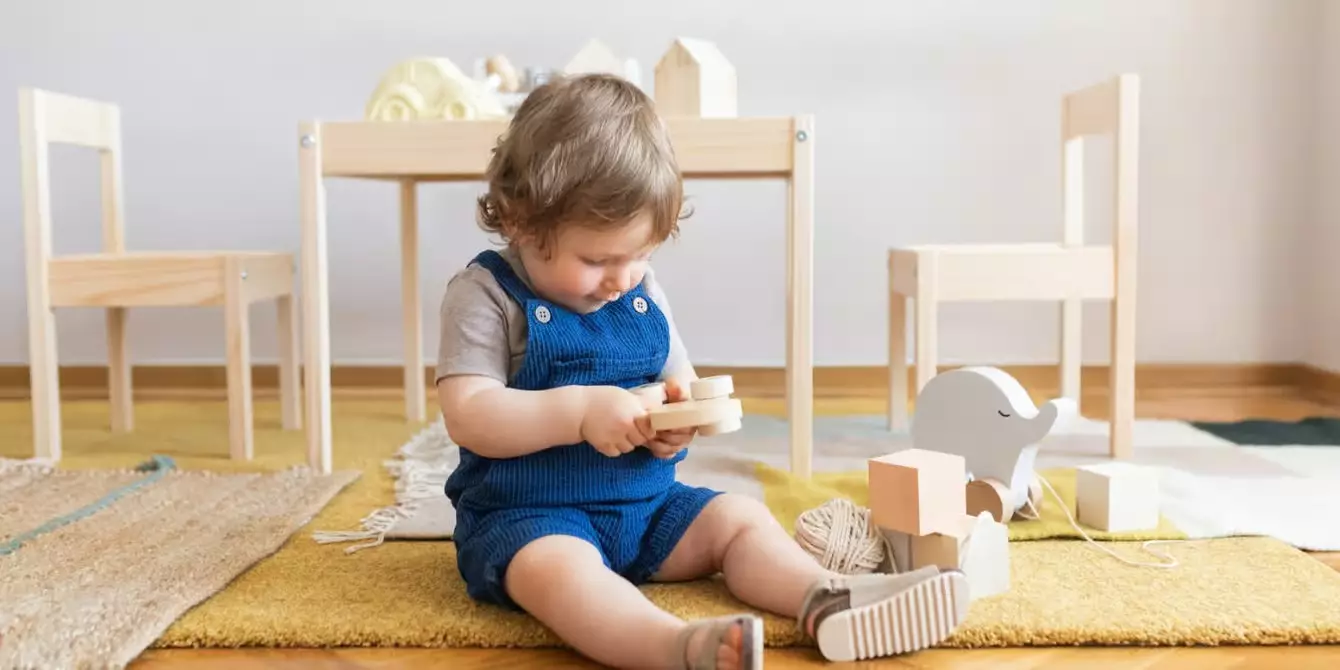At 15 months, toddlers undergo a remarkable transformation. What was once a cooing infant is now an inquisitive little adventurer, eager to explore their surroundings and assert their budding independence. These early months are critical for cognitive, social, and emotional development, which means finding engaging activities that stimulate curiosity and enhance skills is essential. Instead of letting those tiny hands idle, consider a treasure trove of activities that not only keep them entertained but also nurture growth in delightful ways.
The Magic of Building and Creating
One of the most enriching ways toddlers learn is through play, particularly with building blocks. These simple yet effective tools allow them to stack, topple, and experiment with balance, consequently improving their fine motor skills and spatial awareness. Introduce various types of blocks, from soft foam ones to traditional wooden blocks, allowing your child to experience different textures. Not only does this create a hands-on sensory experience, but it also teaches them about cause and effect as they watch their structures tumble down.
Encouragement in such activities can cultivate creativity as they experiment with their designs. Consider joining in on their construction efforts, thereby fostering a sense of collaboration and shared achievement.
Colorful Expression Through Art
Artistic expression is vital for emotional and cognitive development, and at this age, crayons become magical wands. Set them up with chunky, child-safe crayons and large sheets of butcher paper or even a roll of plain printer paper. Let your toddler go wild with colors, without restricting them to using one hand. It’s vital to encourage their creativity without imposing limitations, as every mark they make is a step toward developing fine motor skills and boosting their confidence.
Additionally, guiding them through organizing colorful objects around the house—such as toys and safe household items—formulates the foundations for color recognition and classification skills. This simple sorting game not only adds an educational spin but also enhances their cognitive abilities.
Imaginative Play Takes the Stage
As toddlers delve into the enchanting world of make-believe, imagination takes flight. Create a vibrant world for them by using costumes and props from around the house. A scarf can transform them into a pirate, or a cardboard box might become an adventurous spaceship. This kind of imaginary play is not only enjoyable but is also crucial for their emotional intelligence and social skills. By acting out scenarios, toddlers learn to navigate complex ideas and emotional landscapes.
Playdates serve as spectacular opportunities for budding social skills. While initially, they may engage in parallel play, observing their peers provides invaluable insights into sharing, teamwork, and communication skills. Being around other children can help them navigate their feelings and reactions more effectively.
The Joy of Movement
Physical activity is crucial for toddlers’ gradual mastery of gross motor skills. Rolling and tossing soft balls can be an enjoyable exercise, and it lays the groundwork for coordination and strength. Set up a friendly bowling alley using plastic bottles, or create a simple laundry basket toss game. Such activities not only provide amusement but also promote an understanding of trajectory and balance.
Chasing games are equally enjoyable and beneficial. Running through open spaces or even around the living room ignites a sense of joy, laughter, and connection between you and your child—creating a joyful loop of interaction that strengthens your bond.
Learning Through Playful Puzzles
Puzzles provide a delightful way to introduce shapes and problem-solving skills. Opt for puzzles that feature colorful images and chunky pieces tailored specifically for little hands. By matching pieces to their corresponding slots, toddlers not only sharpen their cognitive skills but also enhance their hand-eye coordination.
Additionally, consider a design that allows for a fun twist—like creating art shapes or characters that prompt stories or adventures. This integration of narrative into play keeps their interest piqued while subtly embedding educational content into their play routine.
The Heart of Nurturing Through Dolls
Finally, one cannot overlook the nurturing aspect of childhood development. Introducing realistic dolls fosters empathy and emotional connection in young children. As toddlers mimic gentle interactions with their dolls and stuffed animals, they are learning the basics of affection, care, and responsibility. Opt for well-crafted dolls that are safe for their age group, as this also embodies the essence of quality play.
The world of activities available to a 15-month-old is not only rich in variety but also immensely beneficial to their holistic development. By leaning into their natural curiosity with engaging activities, you create a foundation for lifelong learning and joy. So gather your tools, materials, and your vibrant imagination—it’s time to dive into an enriching world of playful learning!

